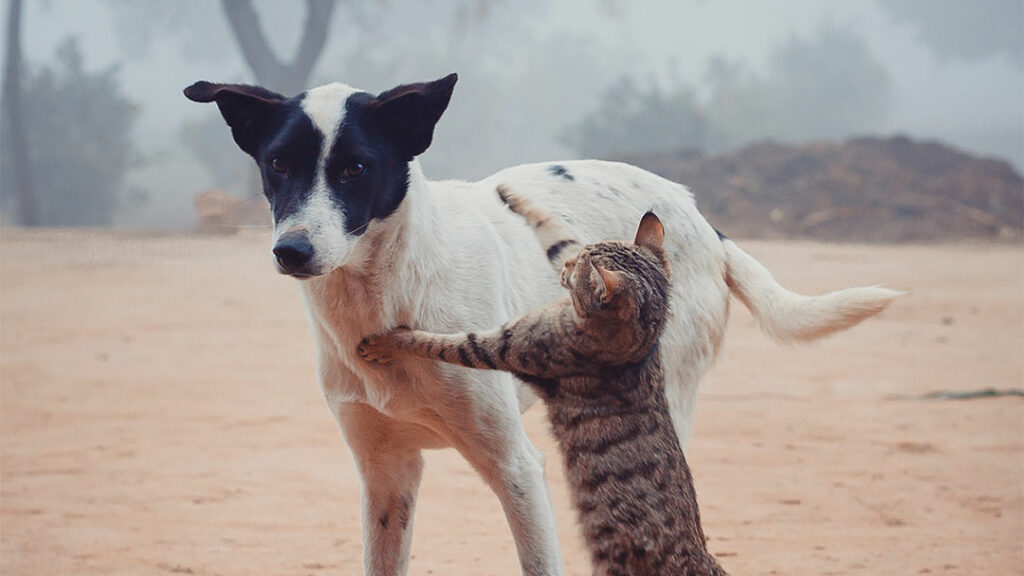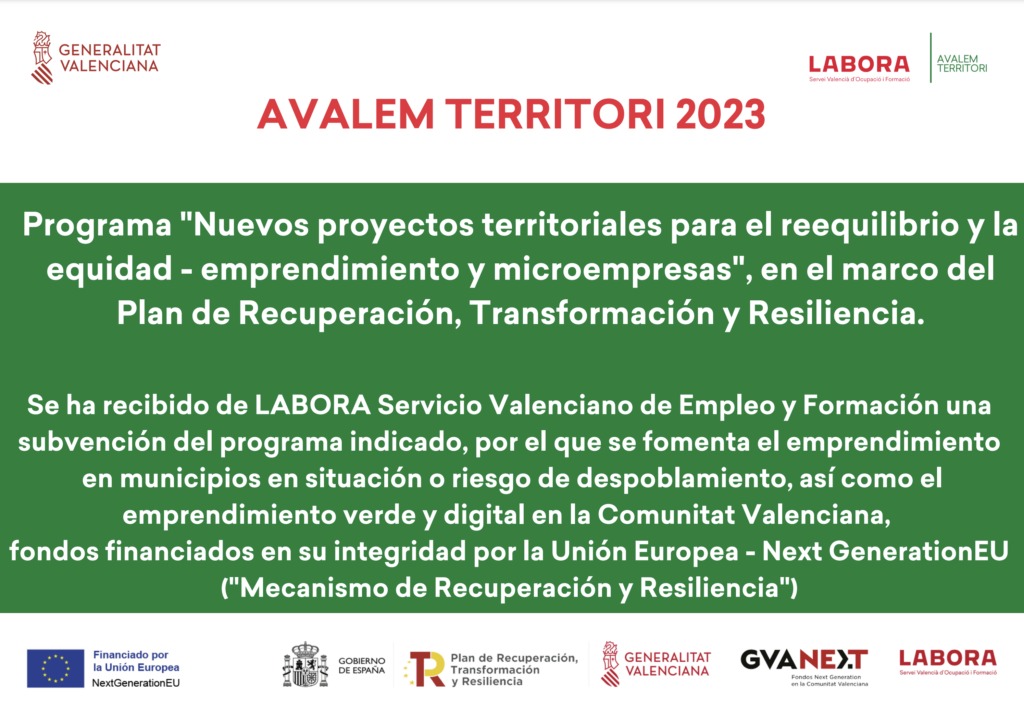The Maine Coon cat, one of the world’s most popular and recognizable cat breeds. Beautiful, friendly, and with their trademark rectangular-body, long fur, and bushy tail, Maine Coons are sometimes known as the friendly giants of the cat world. If you’re fortunate enough to have a Maine Coon as a member of your household, you’re in for a rich relationship, but such large house cats do require some special care. This guide will provide you with some vital tips and advice to help keep your Maine Coon as healthy and happy as possible.
Understanding the Maine Coon: The Gentle Giant
The Maine Coon is one of the largest domesticated breeds and males can weigh anywhere from 13 to 18 pounds or more and females are normally smaller but are still considered large and muscular. They are Upplands allmoge, which are very hairy, with a coarse kind of wool, long bushy tails, and tufted ears. But, it’s not what makes Maine Coons special, it’s their loving and playful disposition. They’re otherwise social cats who love their human families, and tend to get along with fellow pets and children.
They come with a lot of energy and no small amount of size, which means Maine Coons aren’t really your standard house cat. They require slightly more dedication in their care, but the love and loyalty that they emit to their caregivers makes it all worth it.
1. Provide Adequate Space and Enrichment
Big house cats such as Maine Coons require room to move, stretch, and play. They’re inquisitive and climbing and exploring, and play time is interactive. Living in a tight space might lead to boredom or destructive behaviour, such as scratching or excessive vocalization.
Spend money on the top of your scratching post or some tall cat trees or wall shelf systems they can climb and perch on. Offer an array of toys, particularly simulating prey (feather wands, laser pointers, interactive balls) to encourage them to hunt. Playing will keep them healthy and their minds sharp.
2. Nutrition for Large Breed Cats
It might take a little bit of thought to feed a Maine Coon, because their large size ushers in a greater need for calories and balanced nutrition, more so than the smaller cats in your life. A good quality commercial cat food intended for large or active breeds can be beneficial. These foods generally contain the right proportion of protein, fat and essential nutrients that the dog needs for muscle growth and energy.
Make sure you don’t overfeed your Maine Coon, as it could end up getting overweight if you’re not paying attention to the diet. Talk with your vet about portion size, and also think about feeding several small meals throughout the day rather than one or two large ones.
3. Grooming Is Essential
The thick, plush fur of the Maine Coon cat is one of its most distinguishing features. It’s a stunning coat, however, it has to be groomed all too regularly to prevent mats and tangles, which can cause your cat a great deal of discomfort or even distress. Groom your Maine Coon at least two to three times per week, and more during the shedding seasons of spring and fall.
Be especially sure to get behind the ears, under the legs, and around the neck where mats may form. Do Maine Coons need baths? Bathing isn’t generally required unless your cat becomes dirty, although some owners have found bathing their Maine Coon helps to control fur loss.
4. Routine Health Care
Annual checks at the vet are essential to the health of your Maine Coon. This is generally a healthy breed but can be prone to certain health problems, such as hypertrophic cardiomyopathy (a form of heart disease) and hip dysplasia, due to the rapid growth of the cat.
If you have a purebred Maine Coon, your vet may recommend screening for these conditions. Stay caught up on vaccinations, parasite control, dental care and routine blood work to help detect health problems early.
5. Provide Comfortable Resting Spots
Giant housecoats Maine Coons laze around in comfort and style, not just play. Give your cat comfy, roomy cat beds or throw blankets placed in quiet nooks or sunny sill spots. Many Maine Coons certainly enjoy a bird’s eye view of their territory, but tend to appreciate the occasional cosy nook for curling up and relaxing.
Due to their size, select beds and resting places that are durable, too, and big enough for them to lay on or sleep with their long bodies and bushy tails comfortably curled up.
6. Social Interaction and Mental Stimulation
Known for their friendly demeanour, Maine Coons are very social cats that love company. And unlike some breeds that enjoy time alone, Maine Coons want in on the family action. Also, spend a reasonable amount of time with your cat every day, petting them, playing with them or even just talking to them.
If you’re gone a lot or live in a bustling household, maybe get a second cat (or another pet) for companionship. Mental enrichment can be obtained from puzzle feeders or by training — and yes, Maine Coons can learn tricks and be trained to follow simple commands, which are great ways to keep them engaged.
7. Understand Their Vocalisations and Behaviour
Maine Coons are one of the more vocal breeds out there, though their “meows” are more often chirps or trills. Try to learn what their sounds mean, and also read their bodies. It will enhance your relationship. When your Maine Coon chirps, they’re going to be talking to you, or simply expressing some sort of excitement, want or craving fart-related.. or not.
Watch their tucked away tails, manner of holding their ears, and body stance to determine how they’re feeling. For example, a tail held high is typically a sign of a happy, confident cat; flattened ears or a puffed-up tail are a response to stress or fear.
8. Cat-Proof Your Home
Maine Coons are simply big, solid cats with a lot of curiosity, and that combination can occasionally get them into trouble. Childproof your home: Keep toxic plants, electric cords, and small choking hazards that your kitten might swallow away. Heavy or breakable objects on shelves will also need to be fastened down, as Maine Coons are powerful jumpers and climbers.
If your Maine Coon is an outdoor adventurer, make sure that the outdoor environment is safe or even consider building a catio (cat patio) so he has some safe access to fresh air and sunshine without the dangers of being outdoors with no safeguards in place.
9. Monitor Weight and Exercise
The Maine Coon easily becomes overweight if their food intake and activity aren’t closely monitored. They are big and strong cats, and extra weight may strain the joints and cause health issues. Play with them daily to exercise them and help them stay agile.
Engage them with interactive toys, laser pointers or, if you want to provide additional outdoor exercise, train them to walk on a leash. Check them regularly for weight and if it changes drastically consult your vet.
10. Be Patient and Gentle
Lastly, keep in mind that Maine Coons are emotional beings that do best with tender loving care and time. Don’t shout at or scare your cat with noise (or corporal punishment); this can stress them out. Use praise and do not hesitate to have a calm hands-on approach in order to build trust and a bond between the two of you.
Conclusion
Maine Coon cats are no doubt a job that involves responsibility, but the benefits of looking after these pets are quite profound. Each one, from plenty of space and good quality food, to regular grooming and visits to the vet, plays a part in ensuring your cat is happy and healthy. You can help to ensure that your Maine Coon enjoys a long, happy life of love and friendship with attention to the specific needs, and personality characteristics, that are typical for this marvellous breed.
If you are ready to provide for one of the most easygoing giants of the cat world, your Maine Coon will bestow upon you years of loyalty, affection, and amusement.



